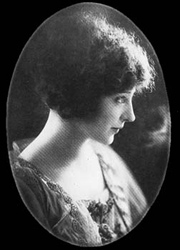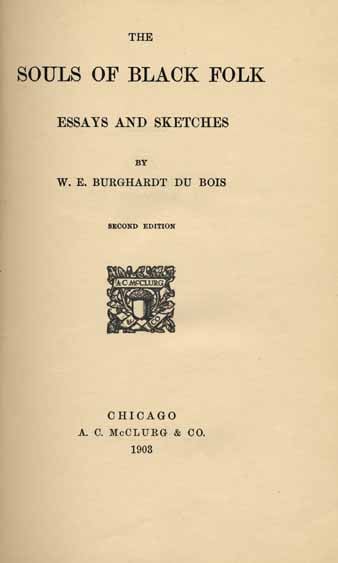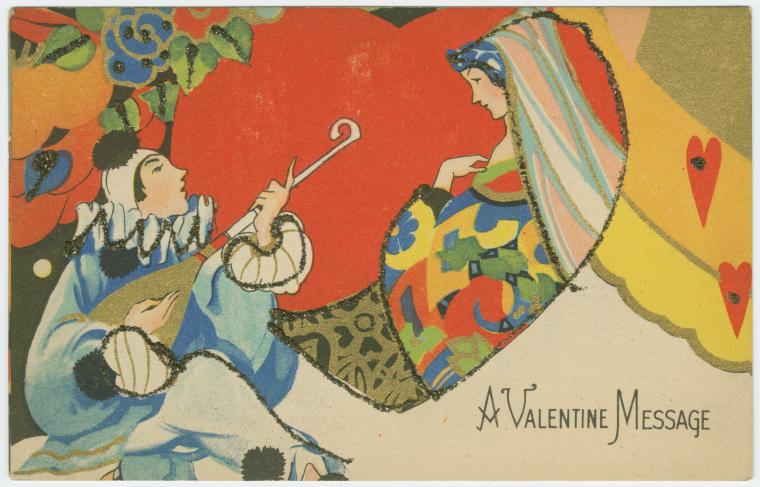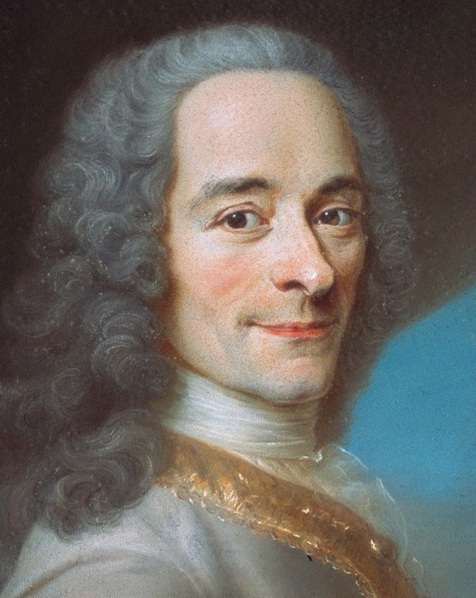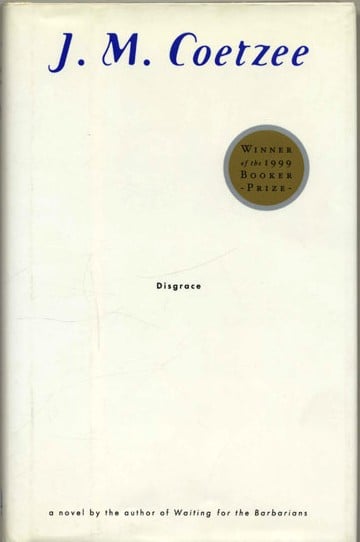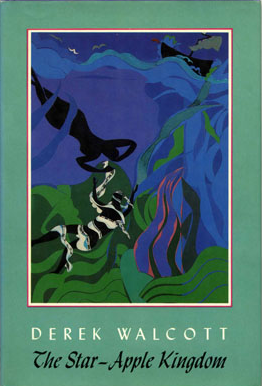The evening was getting on and the clock was closing in on ten as the old man bid good night to his guests. Walking slowly through the hallways of his rambling country house, he paused for a moment at the bottom of the back staircase to clear his head from the lingering after-dinner drinks.
The narrow stairs that loomed before him had posed no challenge when he’d purchased the house years earlier. Then, he’d been an unimaginably young forty-eight. Now he was a far less sprightly sixty-three.




